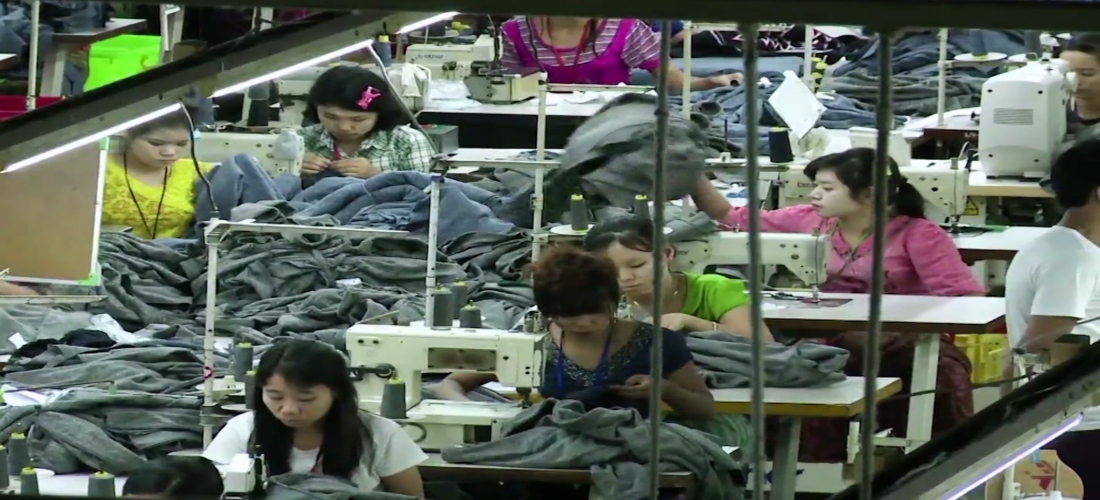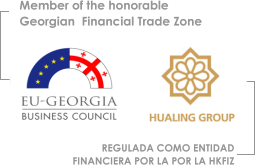NEWS

Globalization: how EU trade policy promotes human rights
International trade may undermine human rights. Find out what the European trade policy measures are to protect them.
International trade and globalization provide opportunities to create jobs in the EU and abroad, but they can also lead to the exploitation of workers. EU trade policy protects human rights in third countries, a priority of European external action, through preferential trade agreements and unilateral trade restrictions.
Generalized System of Preferences (GSP)
The system of generalized preferences is one of the EU's tools to protect human and labor rights. Around 90 countries receive preferential treatment for certain products and significant tariff reductions.
The EU strategy is to promote gradual development through continuous dialogue and monitoring. The EU may temporarily withdraw GSP preferences in exceptional circumstances, in particular in cases of serious and systematic violation of the principles established in the conventions on human and labor rights set forth in the GSP regulation. So far, preferences have been suspended to three countries: Myanmar in 1997, Belarus in 2007 and Sri Lanka in 2010.
The system allows beneficiary countries to make legislative and institutional changes to promote human rights, but in some of them its implementation is slow.
Trade restrictions
The Union may impose unilateral trade restrictions or diligence obligations on importers to ensure that the use of money from trade with it will not involve human rights abuses or violations.
European rules also prevent European technologies from being used for immoral purposes, such as the use of medical substances in executions and restrict imports of products related to human rights violations. "Conflicting minerals", products that could be used for torture and dual-use products are included here.
Import prohibition of "conflict minerals"
The European Union has taken measures to ban imports of conflict-related minerals. In 2002, after discovering the impact that international diamond trade has on human rights, the EU adopted rules to ban all imports of rough diamonds without a certificate of origin.
Occasionally, the minerals used to produce high-tech devices came from countries affected by conflicts and the benefits obtained from their export to the EU were used in armed revolts. MEPs approved in 2017 rules to prevent the mineral trade from financing armed conflicts and fueling human rights violations. The rules, which will enter into force in 2021, oblige all European importers - only the smallest ones are excluded - from tin, tungsten, tantalum and gold to check the origin of their imports.
Prohibition of exports of torture instruments
European standards prevent trade in goods and services that can be used in torture or executions.
Since 2004, the EU applies trade restrictions that prohibit the export of products that have no other use than capital punishment or torture (such as electric chairs or automatic injection systems) and controls the trade of others originally designed for another purpose but which may used to inflict torture or in executions (for example, anesthetic products used in lethal injections).
The regulation also includes a ban on advertising of this type of products.
Export control of "dual use" devices
European rules ensure that "dual-use" devices, goods, software and technology designed for civil functions in Europe, cannot be used to violate human rights.
These are products such as nuclear reactors, industrial refrigeration units, explosives, surveillance systems and equipment and chemicals that can become toxic chemical agents. Also included are devices to intercept mobile phones, access computers, circumvent passwords or identify internet users.
The EU currently has regulations that establish common rules for export control, transit the transfer of dual-use items. In addition to a list of common dual-use items in the EU, there is coordination and cooperation among member countries to implement and enforce the rules. Updating these rules will allow them to adapt to the latest advances.
European rules to stop labor exploitation
The 2017 Parliament resolution calls for European rules to force textile industry suppliers to respect the rights of their workers. Suggested measures include a due diligence system that would make the investigation mandatory on respect for human rights before reaching a trade agreement. Third countries should comply with European standards and produce in a sustainable and ethical manner.
Parliament wants EU countries to promote the International Labor Organization standards on wages and working hours with partner countries in the textile sector.
Child exploitation
A resolution published by Parliament in 2016 suggests new measures to unmask child labor and forced labor. They include the labeling of products made without child labor, the granting of trade preferences to countries that meet certain labor standards and import prohibitions of products made with child labor.
The text highlights the importance of including the objective of combating forced labor and child labor in the chapters on trade and sustainable development of the trade agreements of the Union.



